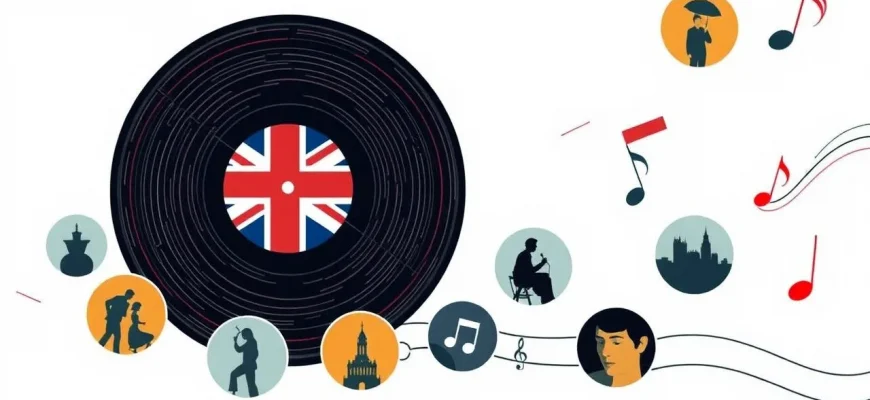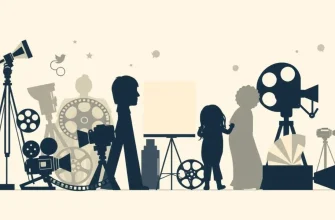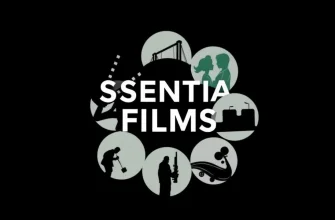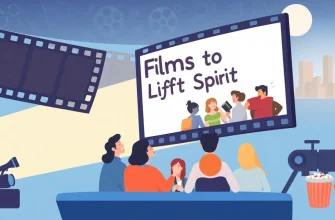Music has always been a universal language, transcending borders and cultures. This curated list of the top 10 music films offers a British perspective on the genre, showcasing films that not only celebrate music but also resonate with British audiences through their themes, settings, or cultural references. Whether you're a music enthusiast or a film aficionado, this collection provides a rich tapestry of stories where music plays a pivotal role, offering both entertainment and a deeper understanding of the art form.
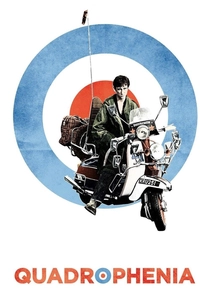
Quadrophenia (1979)
Description: Based on The Who's rock opera, this film delves into the Mod subculture of 1960s Britain, exploring themes of youth rebellion, identity, and the music that defined a generation.
Fact: The film features music by The Who, and its depiction of the Mod lifestyle has made it a cult classic.
 Watch Now
Watch Now
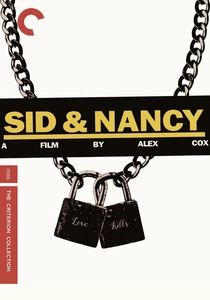
Sid and Nancy (1986)
Description: This biopic delves into the tumultuous relationship between Sex Pistols' bassist Sid Vicious and his girlfriend Nancy Spungen, set against the backdrop of punk rock's rise.
Fact: The film was controversial for its portrayal of drug use and violence, reflecting the chaotic life of its subjects.
 Watch Now
Watch Now
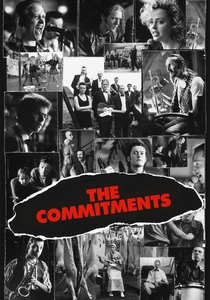
The Commitments (1991)
Description: Set in Dublin, this film follows a group of working-class musicians who form a soul band, showcasing the power of music to unite and uplift communities.
Fact: The film's soundtrack became a hit, featuring covers of soul classics, and the band's performances were so authentic that many thought they were real.
 Watch Now
Watch Now
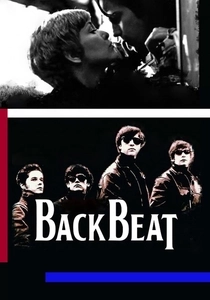
Backbeat (1994)
Description: Focusing on The Beatles' early days in Hamburg, this film highlights the band's pre-fame struggles and the influence of Stuart Sutcliffe, their original bassist.
Fact: The film uses actors to play the band members, but their performances were so convincing that many fans believed they were watching the real Beatles.
 Watch Now
Watch Now
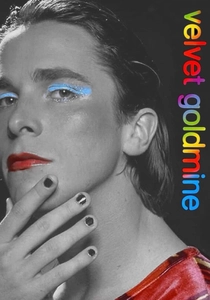
Velvet Goldmine (1998)
Description: A fictionalized account of the glam rock scene, this film explores the rise and fall of a David Bowie-esque character, capturing the flamboyance and excess of the era.
Fact: The film's title is a reference to a song by David Bowie, and it features a mix of real and fictional characters from the glam rock movement.
 Watch Now
Watch Now
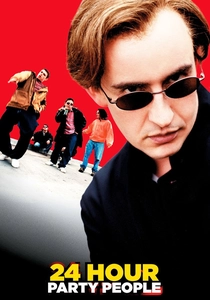
24 Hour Party People (2002)
Description: This film chronicles the rise of Manchester's music scene through the eyes of Tony Wilson, founder of Factory Records, capturing the spirit of bands like Joy Division and New Order.
Fact: The film features real-life musicians playing themselves, adding authenticity to the portrayal of the era.
 Watch Now
Watch Now
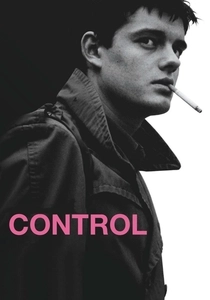
Control (2007)
Description: A biopic of Joy Division's lead singer Ian Curtis, this film explores his life, music, and tragic end, offering a poignant look at the impact of music on personal lives.
Fact: The film was shot in black and white, mirroring the starkness of Curtis's life and music.
 Watch Now
Watch Now
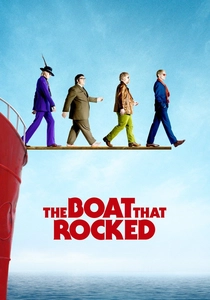
The Boat That Rocked (2009)
Description: Set in the 1960s, this film celebrates the era of pirate radio, where DJs played rock 'n' roll music banned by the BBC, influencing British youth culture.
Fact: The film features a soundtrack of 60s hits, and its depiction of the pirate radio scene is both nostalgic and educational.
 Watch Now
Watch Now
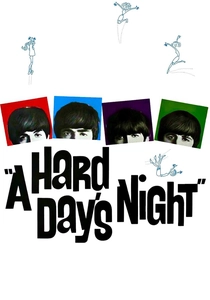
A Hard Day's Night (1964)
Description: This film captures The Beatles at the height of Beatlemania, offering a day-in-the-life look at the band's hectic schedule, interspersed with their music and humor. Its influence on music films is undeniable.
Fact: The film was shot in black and white to save costs, but its style and energy made it iconic. It was also nominated for two Academy Awards.
 30 Days Free
30 Days Free
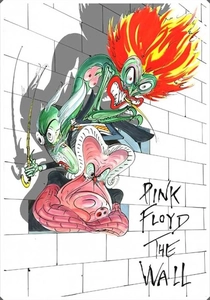
The Wall (1982)
Description: Based on Pink Floyd's album, this film is a surreal exploration of isolation, alienation, and the effects of war, using music and animation to tell its story.
Fact: The film was directed by Alan Parker, who also directed "Evita," and its visual style has influenced many music videos and films since.
 30 Days Free
30 Days Free

